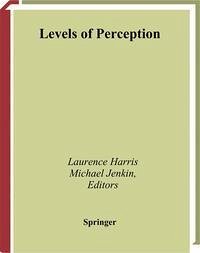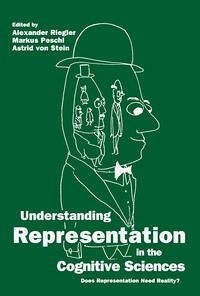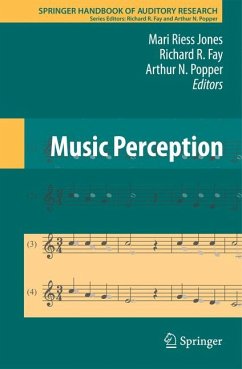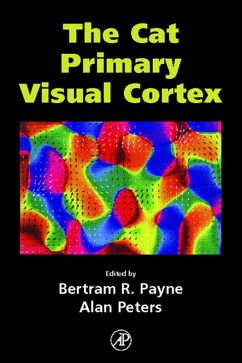
Levels of Perception (eBook, PDF)
Versandkostenfrei!
Sofort per Download lieferbar
112,95 €
inkl. MwSt.
Weitere Ausgaben:

PAYBACK Punkte
56 °P sammeln!
The authors relate and discuss the idea that perceptual processes can be considered at many levels. A phenomenon that appears at one level may not be the same as a superficially similar phenomenon that appears at a different level. Sections include vestibular processing, eye movement processing, processing during brightness perception, and levels of processing in spatial vision.
Dieser Download kann aus rechtlichen Gründen nur mit Rechnungsadresse in A, B, BG, CY, CZ, D, DK, EW, E, FIN, F, GR, HR, H, IRL, I, LT, L, LR, M, NL, PL, P, R, S, SLO, SK ausgeliefert werden.












